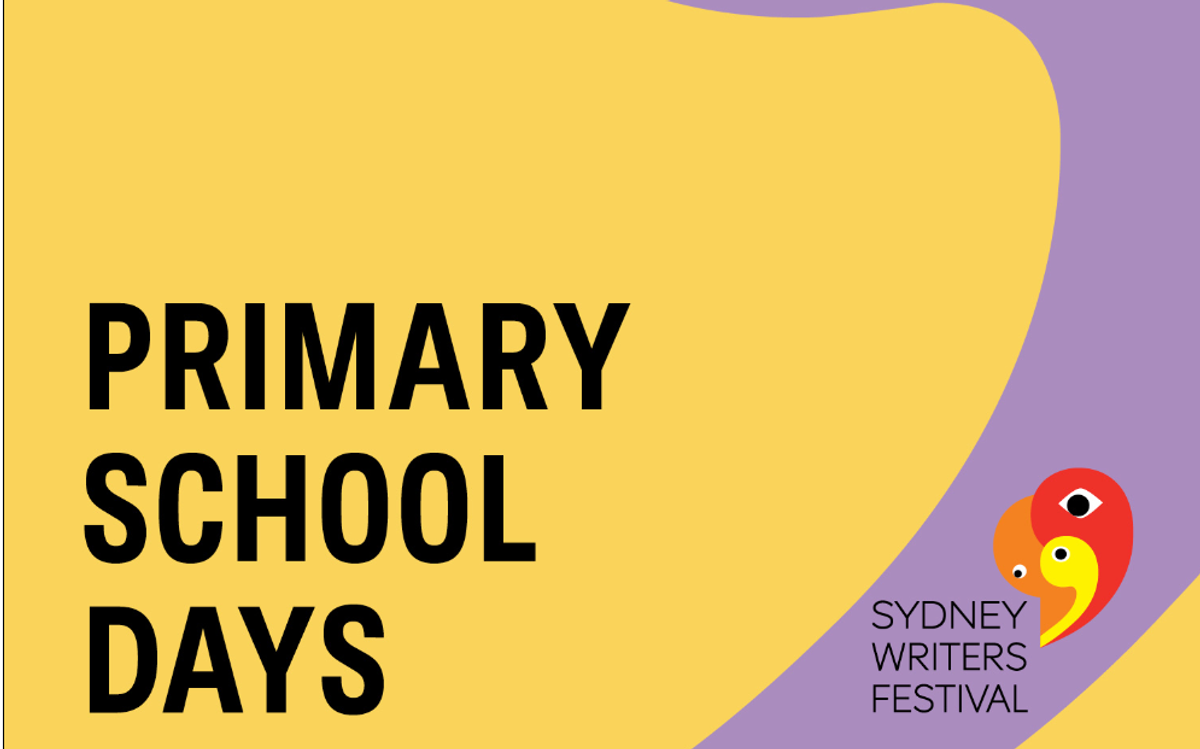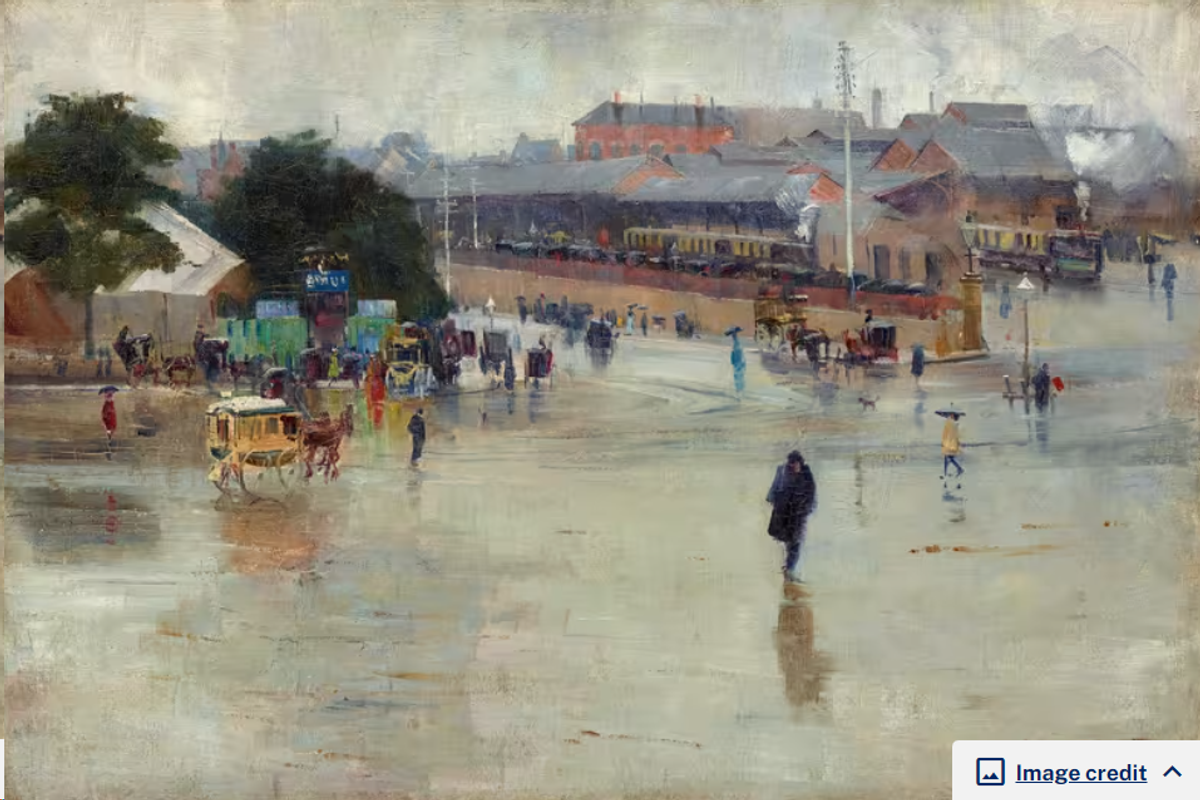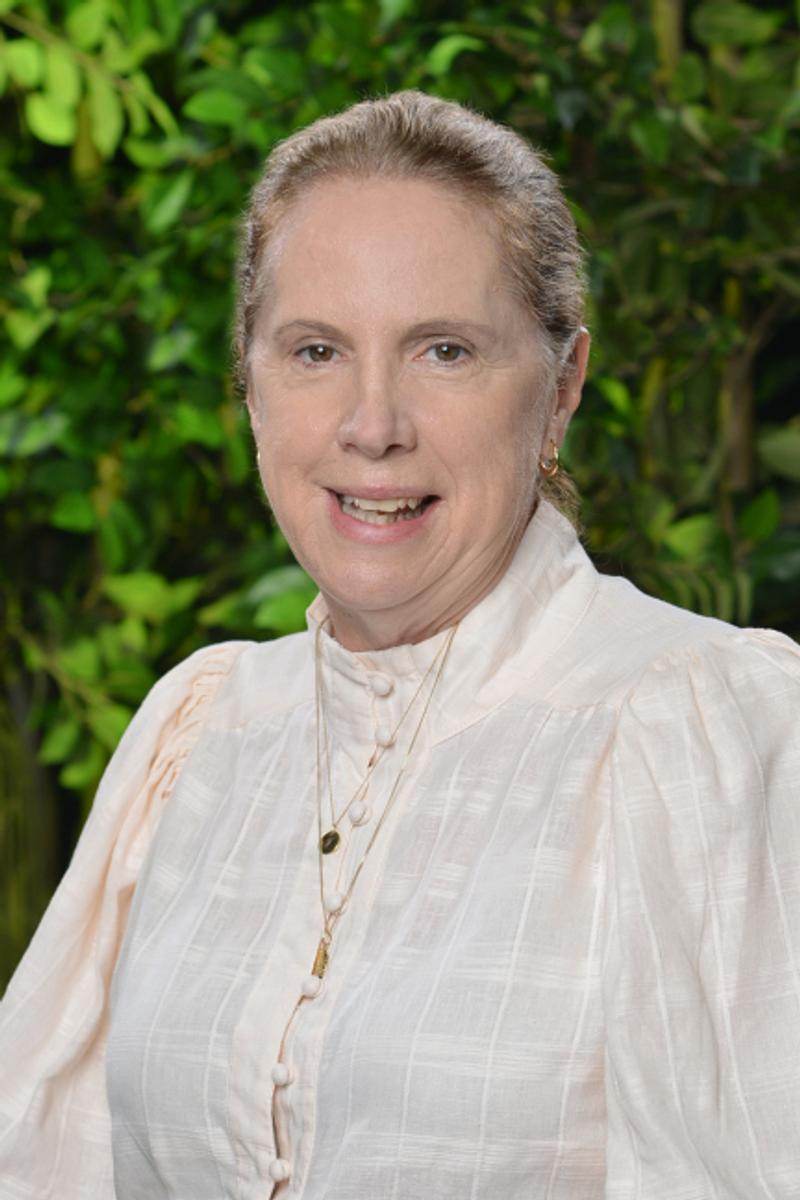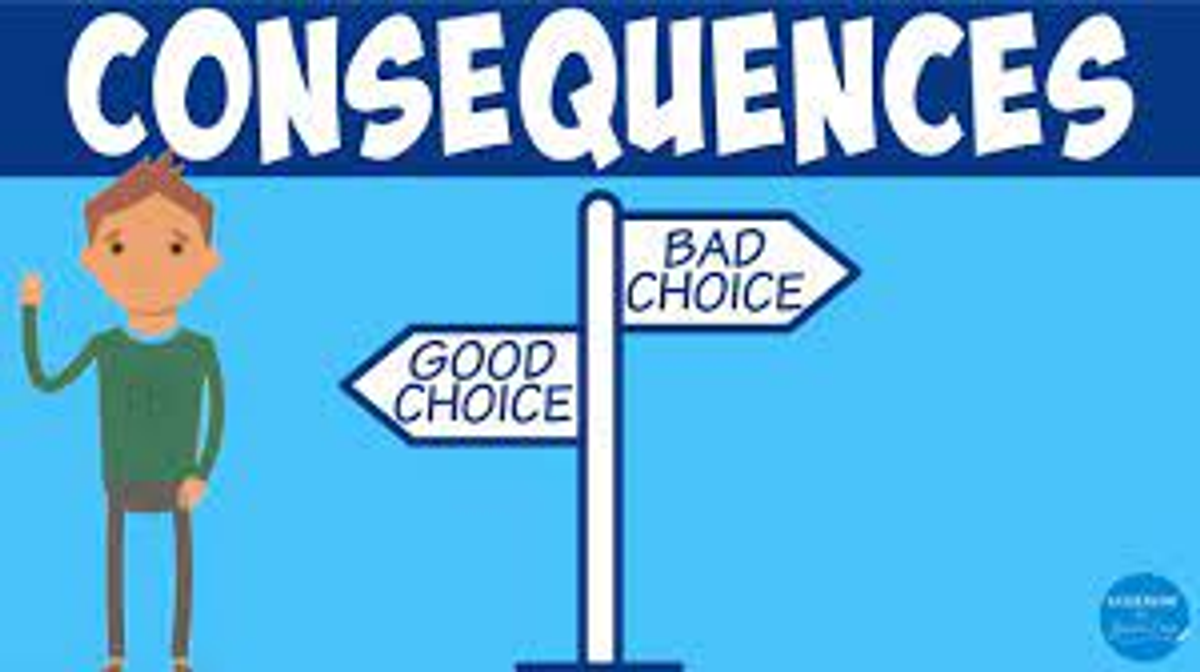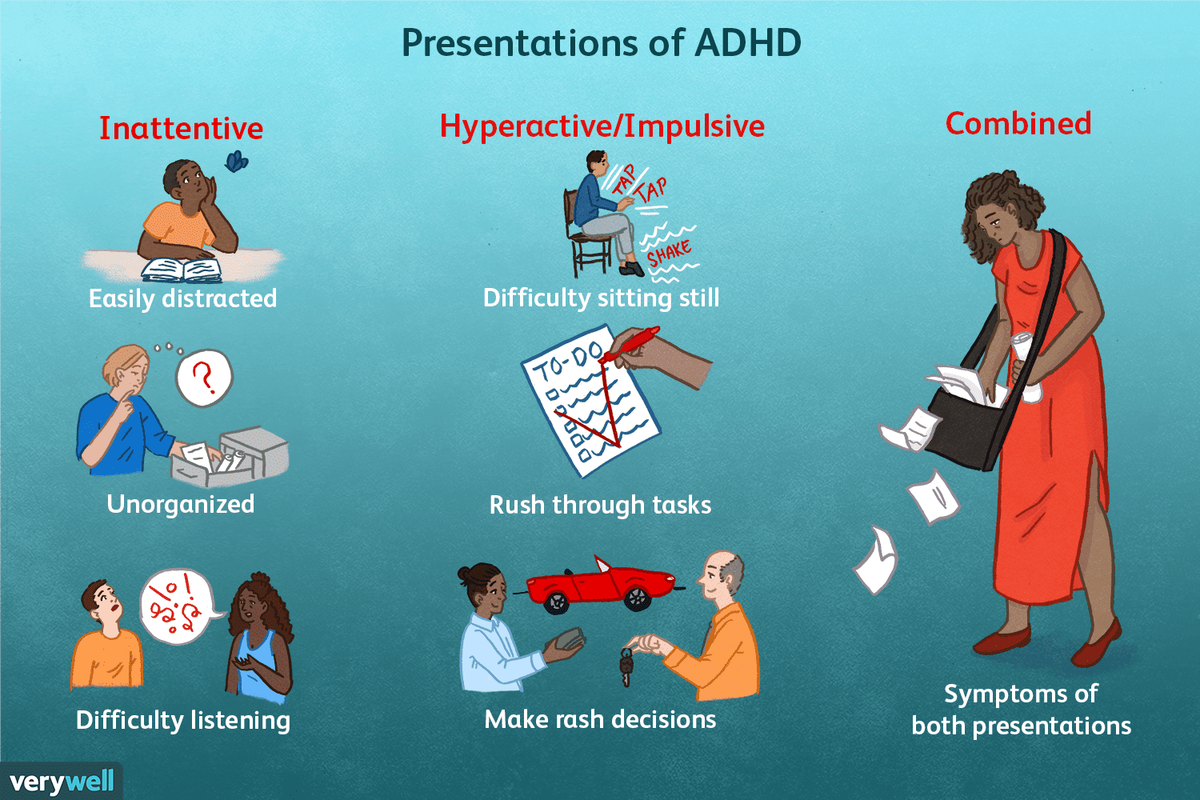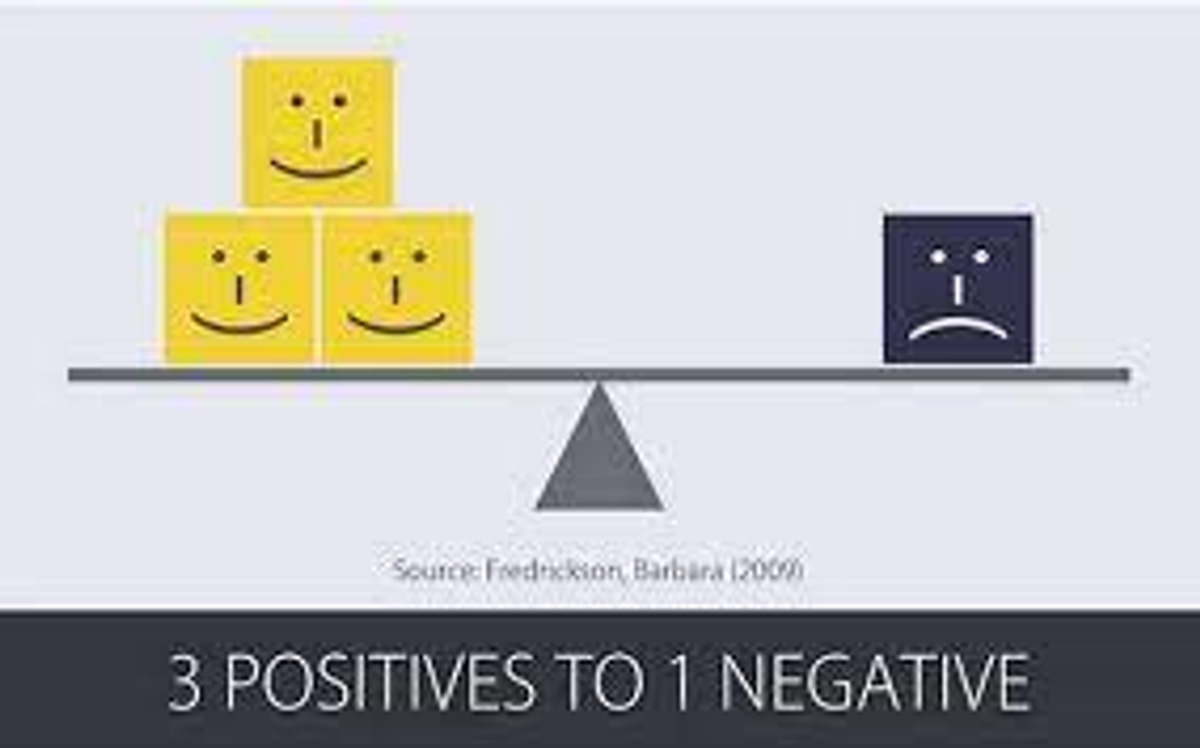Diverse Learning

Parent Read
This informative article advises parents on how to identify and help their children with perfectionism. Perfectionism goes beyond just a desire to succeed. It is characterised by setting very high, even impossible, standards for oneself and becoming self-critical if these standards are not reached, and is a common feature of many gifted students.
Fostering a growth mindset is one of the best things that teachers and parents can do to combat perfectionism. The article gives a few ideas to try and get started.
Sydney Writers Festival
Last week a group of students attended The Sydney Writers Festival at Pavilion Performing Arts Centre, Sutherland. The day consisted of interactive sessions with renowned children's writers and illustrators, aimed to deepen the students' love of reading and writing.
Five bestselling children’s book creators came together to share insights behind their bestselling work. Students met Tasma Walton, the author of Nerra: Deep Time Traveller, a thrilling new series inspired by First Nations history; Kate and Jol Temple turned the student's attention to the best (or is that worst) book baddies imaginable; Nova Weetman, author of Sick Bay,shared what she has learnt from writing TV and why she always leads with character; while American author Lev Grossman revealed the real world problems at the core of his magical fantasy novels.
It was a truly inspirational day that inspired our next generation of readers and storytellers.
SCS Newman Professional Learning
This week our school hosted a Newman workshop: K-12: Evaluation of classroom programs for the gifted. This workshop was attended by a number of our teachers where we developed an effective school-wide system for the evaluation of classroom programs with a particular focus on the effectiveness of classroom programs for gifted students.
WriteOn 2024
I encourage all budding authors to draft a piece of writing for the 2024 WriteOn Competition. The annual WriteOn competition gives students the opportunity to become published authors and develop skills in writing to express their ideas.
The competition is open to students in Years 1 to 6 who are using NSW syllabuses. Students compose an imaginative text of up to 500 words, using the image below.
Arthur Streeton (England/Australia 1867–1943), The railway station, Redfern 1893, oil on canvas, 40.8 x 61 cm Art Gallery of New South Wales, gift of Lady Denison 1942, Image © Art Gallery of New South Wales 7209 Image courtesy of the Art Gallery of New South Wales
Each school can submit a maximum of 3 entries. That is one entry per Stage of learning from each of Stage 1, Stage 2, and/or Stage 3. So please DO NOT ENTER as we can only make one text selection for each stage in our school. A panel of OLF teachers will judge and make our school selections.
I encourage all students who enter, to seek feedback and ideas. All entries need to be sent/given to me by Wednesday 19th June (Week 8, Term 2).
Congratulations
A big congratulations to Aria in Year 3 who competed in the Bebras competition (an international computational thinking competition) and received a distinction in the year 3-4 section.
Mrs Jo Ford | Newman Facilitator
What Can You Do If Your Child Is Impulsive?
A child’s impulsivity may be a constant source of worry for many parents. Impulsivity means that the child does or says things without thinking first about the possible consequences of their actions.
Impulsivity is often not the child's only problem but a symptom of a larger problem such as Attention Deficit Hyperactivity Disorder (ADHD) and/or emotional or social difficulties.
These children may do dangerous things (such as riding their bikes across busy roads) because they don't understand the consequences of their actions. They may also find it difficult to relate to other children appropriately, understand how other children feel or even to check over their work at school.
Things you can do to help….
- Be patient with the child! They are probably not doing it on purpose.
- Try to ignore minor episodes of inappropriate behaviour. For bigger problems, patiently explain why their behaviour was dangerous (or inappropriate) and what the consequences may have been. Give your child clear examples of how they can do the activity safely (e.g. they can't ride their bike in the storm water drain because it may fill up with water very quickly and trap them. They can ride their bike in the driveway, the yard or Park).
- Help the child to start off each different homework activity and make lots of positive comments if they are careful with their work and try their best – not just fast!
- Try to make your home as safe and environment as possible. This may include removing sharp objects and matches from the child's reach, covering power points, keeping all medications and poisons locked away and making sure that you never store chemicals in food containers.
- Make sure your child has a clear idea of the consequences of their behaviour (both good and bad). Try to make sure that the consequences always immediately follow the behaviour.
- Try to avoid situations where you know your child's impulsivity may get them into trouble (e.g china shops). When visiting friends warn them to put valuables out of reach, or ask them to come and visit you.
- If you are concerned that your child's impulsive behaviour may be part of the bigger problem, then talk to your child's teacher who will organise a meeting with the school’s Diverse Learning Team or your family doctor. They will be able to refer you to a paediatrician or child psychologist (if appropriate). Paediatricians, child psychiatrists and psychologists are able to diagnose ADHD but only the first two can prescribe and trial medication if appropriate. Make sure that you understand the effects and possible side effects of any medication.
- When your child does something which is dangerous or inappropriate explain why and what the consequences could have been. Talk with your child about the appropriate way to behave in that situation.
- Make sure that you regularly reward your child's good behaviour - not just react to the mistakes. This will help your child to develop their self-esteem and confidence in their ability to do the right thing.
As a rule of thumb is to try and make 3 positive comments for each negative comment that you make. Praise your child for trying, persevering, thinking before they act and using good problem solving skills.
- Supervise your child more carefully when they are using scissors, knives etc for when they are attempting a more complicated task.
- Set up a reward system with your child where you choose one important behaviour (e.g. Waiting their turn in conversations) and reward your child for each time they remember to do that thing. These “rewards” may be as simple as a tick on a chart which your child can accumulate to work towards a bigger reward (e.g. Choosing a movie or board game for the family, a small toy etc).
Ms Janelle Schembri | Diverse Learning Coordinator

